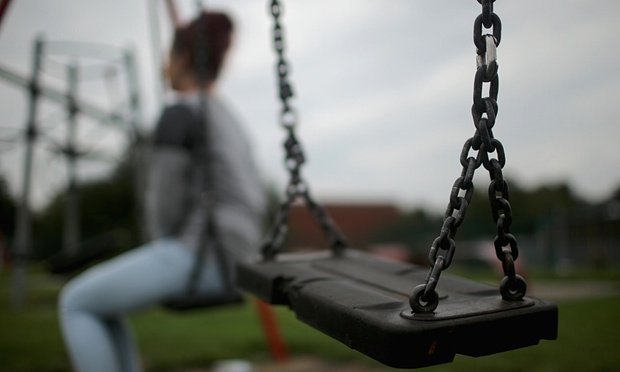Hundreds of UK Sex Abuse Victims Lose Compensation after Committing Crimes
The Guardian
Hundreds of sexual abuse victims have had their compensation payments reduced after committing crime themselves, according to figures. A total of 12,665 people who suffered abuse as children or vulnerable adults had been awarded compensation by the Criminal Injuries Compensation Authority (Cica), an executive agency sponsored by the Ministry of Justice, since 2010. But data obtained by the BBC under freedom of information laws showed 438 had their government-funded payouts docked over the same period. The BBC said that in the year to June 2015, half of the 27 people who had payments reduced had convictions for drink, drug, theft or property offences, while eight were prosecuted for violence. Cica can refuse or reduce compensation in light of a person’s criminal record or unspent convictions using a points-based system, under the Criminal Injuries Compensation scheme. In the guidance on its website, it says: “We may refuse or reduce a payment if you have a criminal record, even though you may have been blameless in the incident which resulted in your injury. Annex D of the scheme says that we must take account of your unspent criminal convictions at the date of application and before we make a final decision.” The average payout after a reduction was ?8,423, the broadcaster said. Odette Tovey, a lawyer who has represented grooming victims, told the BBC Cica should take into account abuse-related mental health problems. Peter Saunders, spokesman for the National Association for People Abused in Childhood, told the BBC: “It’s patently obvious in most cases that where somebody has gone down a route of criminality, preceded by a life totally devastated by abuse, that there is a link. For the system to fail to recognise that is for the system to be failing our people.” In a statement, the Ministry of Justice said: “Under the scheme, an applicant may be refused or awarded a reduced payment if they have an unspent conviction. This reflects the fact they may have caused distress, loss or injury to another person and cost the taxpayer money through a police investigation or court proceeding.” Alan Collins, partner at Hugh James Solicitors, a specialist in representing victims of sexual abuse, told the BBC: “Sometimes, in many cases, compensation is reduced in total because of criminal convictions. It is a perverse situation because if victims had been able to take proceedings, say, in the high court against the abuser or those responsible for the abuse, they would not have their compensation reduced because of criminal convictions. “A balance has to be struck. It’s taxpayers’ money at the end of the day and there is a policy reason why that happened. But the real issue here is many victims of child abuse, who had their lives ruined, damaged, for all the reasons we can appreciate are deprived of any form of justice. “Very often the criminal injuries compensation scheme is their only means to get compensation.” Collins said the policy ignored the wider realities that many abuse victims could be left reliant on the state without compensation, which could allow them to access treatment or education.
|
.
Any original material on these pages is copyright © BishopAccountability.org 2004. Reproduce freely with attribution.
